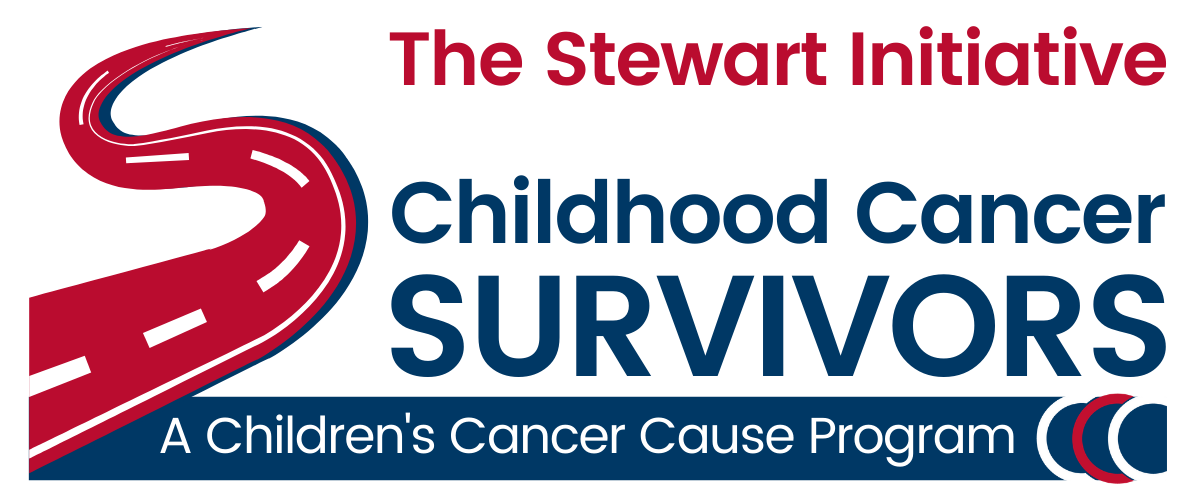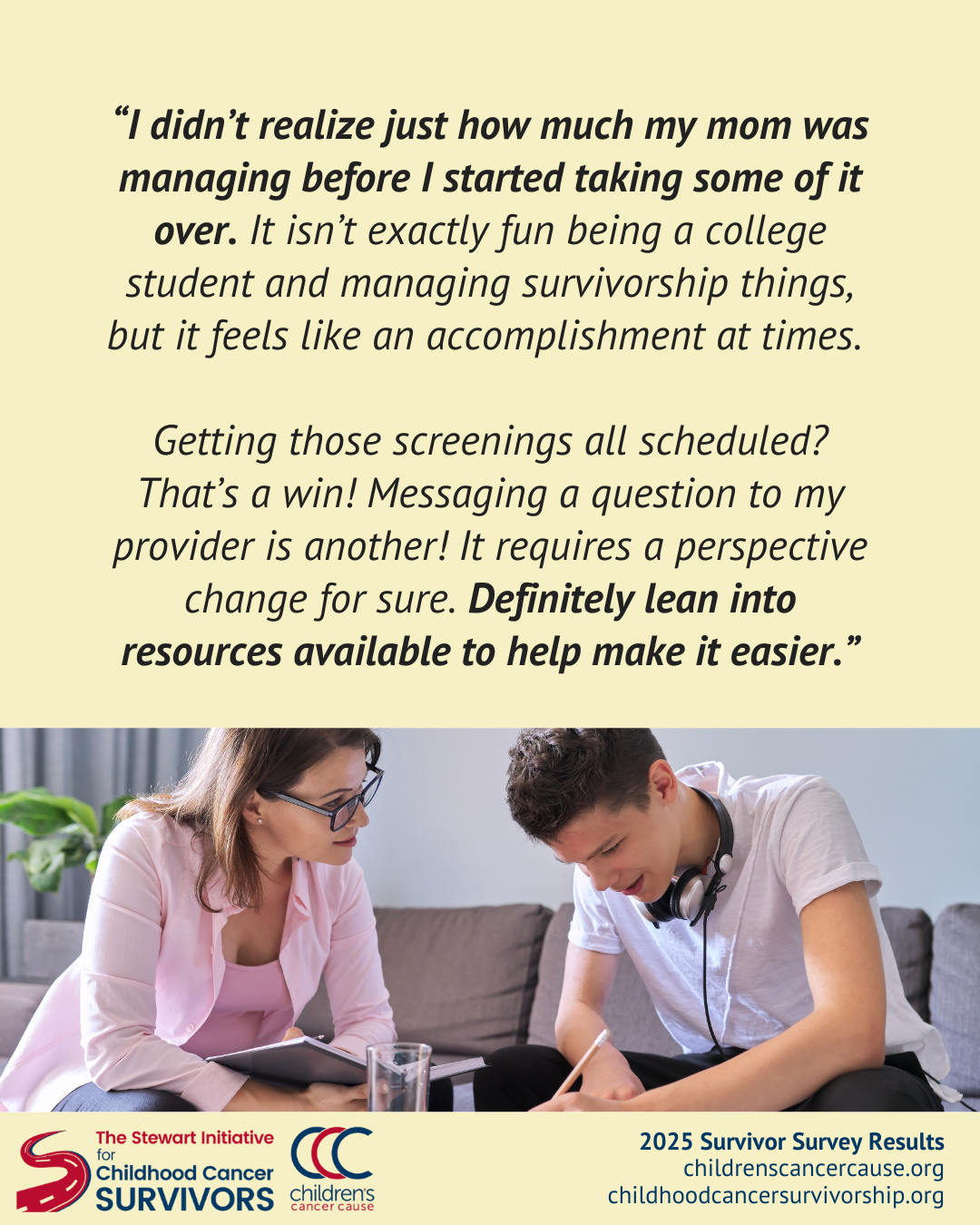Why does it matter?
After you turn 18, your doctor talks to you, not your parents, about your health.
Your health information and medical records are private (or confidential) and can’t be shared unless you give the OK.
It is up to you to make decisions for your own health care, although you can always ask others for help.
Know about HIPAA:
The confidentiality between you and your doctor is legally known as the Health Insurance Portability and Accessibility Act, or HIPAA. This law gives privacy rights to minors (people under the age of 18) for reproductive and sexual health, mental health, and substance abuse services. Check your state’s minor consent laws for more information.
Course 3 on Navigating Adulthood goes into more detail about legal protections that are good for cancer survivors to have basic knowledge of.
What needs to be done?
If you want to share medical information with others, your doctor will ask you to fill out a form that allows them to see your medical record and be with you during your visit.
If you need help making decisions, talk to your family, your support team, and your doctor about who needs to be involved and what you need to do to make sure they can be a part of the conversations

